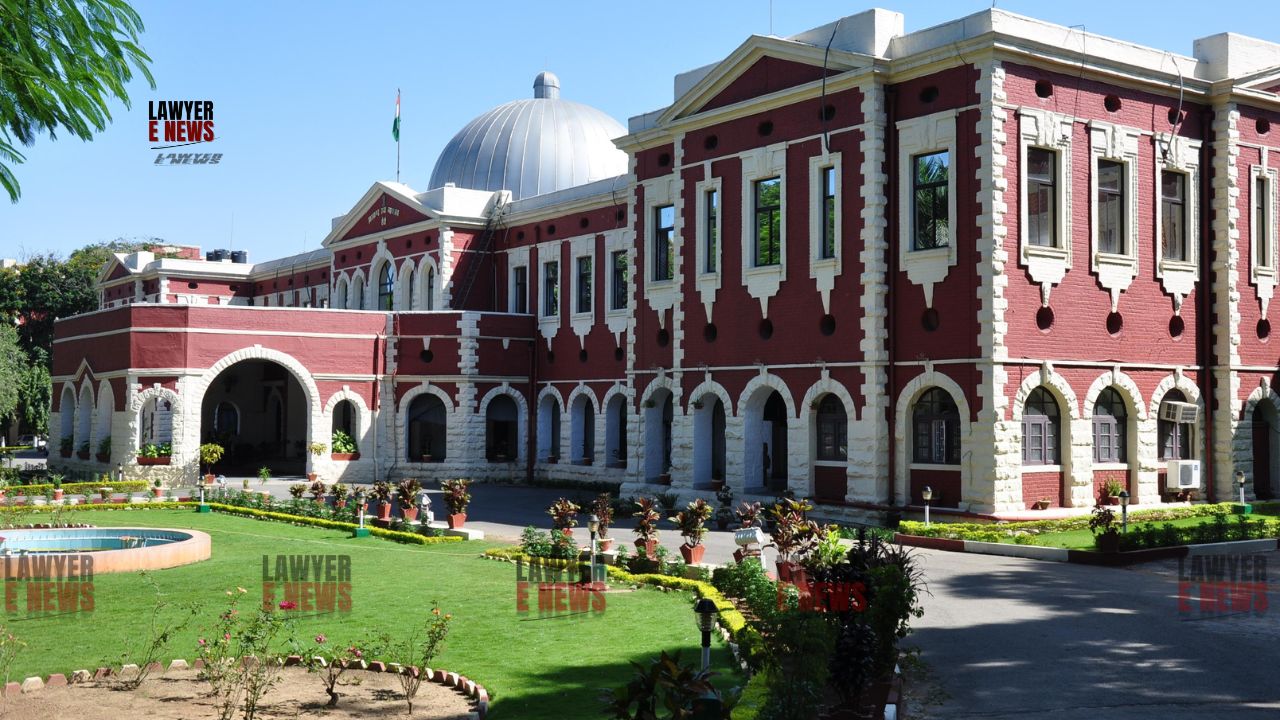-
by Admin
15 February 2026 5:35 AM



Jharkhand High Court emphasizes the necessity of precise evidence for establishing cruelty under Section 498A IPC. The Jharkhand High Court has acquitted Md. Faruque, who was convicted under Section 498A of the Indian Penal Code (IPC) for subjecting his wife to cruelty due to dowry demands. The court found the prosecution’s evidence contradictory and insufficient, overturning the lower courts’ decisions that had sentenced him to rigorous imprisonment. The judgment underscores the requirement for specific and corroborative evidence in cases of alleged cruelty.
Md. Faruque was accused by his wife, Bibi Jubeda Khatoon, of subjecting her to physical and mental cruelty due to demands for additional dowry. The trial court initially sentenced him to two years of rigorous imprisonment, which was later reduced to one year by the District & Additional Sessions Judge-III, Godda. Faruque appealed this decision in the Jharkhand High Court.
Prosecution Evidence Contradictory and Insufficient: The High Court scrutinized the prosecution’s evidence and found significant inconsistencies. “The prosecution failed to provide specific instances of cruelty or dowry demands. The vague and uncorroborated allegations do not meet the standard required to sustain a conviction under Section 498A IPC,” noted Justice Pradeep Kumar Srivastava.
Witness Testimonies: The testimonies of key witnesses, including the prosecutrix and her relatives, were found to be contradictory. The court observed that the prosecutrix admitted to living peacefully at her matrimonial home for two years, contrary to her later claims of immediate post-marriage cruelty. Witnesses, including the prosecutrix’s brother and cousin, provided inconsistent accounts regarding the demand for dowry and the alleged cruelty.
Examination Under Section 313 Cr.P.C.: The High Court criticized the lower courts for posing general questions during the petitioner’s examination under Section 313 of the Code of Criminal Procedure (Cr.P.C.). “Omnibus questions without detailing specific acts of cruelty are insufficient to sustain a conviction. Courts must ensure thorough examination to afford fair opportunity to the accused,” the judgment emphasized.
Justice Srivastava extensively discussed the principles of evaluating evidence under Section 498A IPC. The court reiterated the necessity of precise and corroborative evidence to establish cruelty. “The present case lacks the specific and corroborative evidence required to prove the charges under Section 498A IPC,” stated the judgment.
Justice Srivastava remarked, “The prosecution’s case is built on vague allegations and contradictory statements, which are insufficient to meet the burden of proof required for a conviction under Section 498A IPC.”
The Jharkhand High Court’s decision to acquit Md. Faruque highlights the judiciary’s commitment to ensuring that convictions under Section 498A IPC are based on solid and specific evidence. This judgment is expected to influence future cases by reinforcing the importance of detailed and corroborative evidence in allegations of cruelty related to dowry demands.
Date of Decision: 15th May 2024
Md. Faruque vs. The State of Jharkhand and Bibi Jubeda Khatoon
